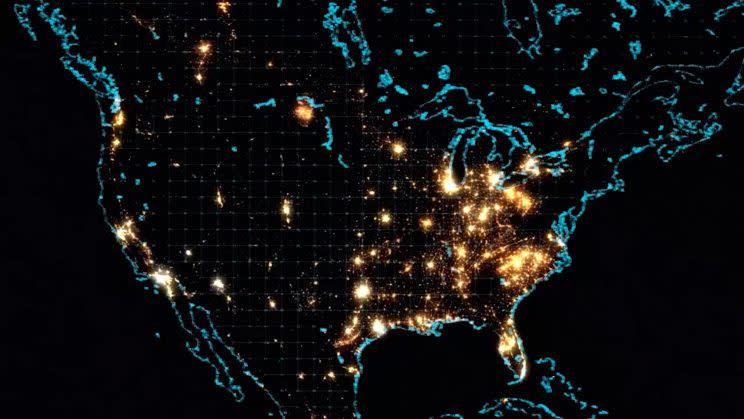‘Zero Days’: Apocalyptic Cyber-Warfare

The latest documentary from director Alex Gibney, Zero Days is a fascinating, frightening look at the insidiousness of cyberattacks and our vulnerability to them. Airing Saturday on Showtime, the film begins with an investigation into Stuxnet, a malicious computer virus that incapacitated Iran’s nuclear centrifuges in 2009 and 2010.
In these early moments, we begin to see a pattern that will continue throughout Zero Days: Intense investigations into malware by computer experts, followed by refusals from government officials to comment on what has been discovered. In the instance of Stuxnet, Gibney (Going Clear: Scientology and the Prison of Belief; Taxi to the Dark Side) gets officials from countries, including America, Germany and Iran, on camera, yet they say nothing — they refuse to answer questions, invoking national security. The only thing they’ll confirm is the thing you least want to hear: that such cyberattacks are “frightening” and “worse than our nightmares.”
From there, Zero Days — the title refers to the lightning-quick time between the moment a computer vulnerability is discovered and its first attack — expands outward to suggest that great world powers, including our own country, are engaged in cyber-warfare, and that secret research and development are going on all the time. The threat extends to just about everything, up to and including the power grids that send electricity into your home.
At times, Zero Days is overwhelming in the amount of information it’s throwing at the viewer. It helps that Gibney and his fellow filmmakers have found engaging ways of delivering that information, including 3D-seeming maps that present images of computer code and trace the development and location of cyber-warfare. The film is both absorbing and unsettling.
Zero Days airs Saturday at 9 p.m. on Showtime.
